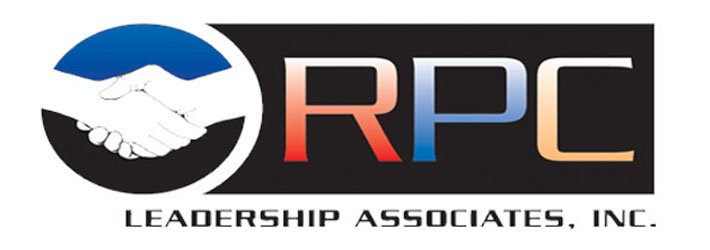…and 45% of College Professors Turn a Blind Eye To It!
Several years ago, I was preparing a presentation on business ethics for a local high school business class. Given the audience, I decided to see what the current mindset was among high school students around cheating – arguably a key indicator of ethical attitudes. The results, including those in the title, were shocking to me. Being a Visiting Professor myself at both undergraduate and graduate level, the toleration statistic was particularly galling.
What does this have to do with Leadership as a Way of Life? Everything! Not a week goes by I do not hear self-proclaimed statements about the positive ethical attitudes and behaviors of individuals and organizations. Given the statistics, which are from multiple studies within the last decade, I would argue this is a greater leadership challenge than we are readily admitting.
What is more concerning about the prevalence of cheating in college is the statistic revealing 85% of college students believe cheating is necessary to get ahead. I suspect it is driven by the “good grades are all that matter” attitude in high school to the “whatever it takes to get ahead” attitude seen in graduate school education. How many times have we heard ourselves say something like “just get it done” or “its all about getting results” without fully understanding the ethical implications? Is the pressure to meet leadership’s expectations turning the organization into a Machiavellian “the ends justify the means” culture? To further support the point for business, The Chronicle of Higher Education raised the point in a September 2006 article that business school students, both undergraduate and graduate level, were more apt to cheat than their non-business school counterparts. Those business school graduates may well be working for you as you read this newsletter!
So just how bad is this cheating epidemic? The November 2010 issue of The Chronicle for Higher Education ran an article written by a paid academic ghostwriter. The writer documents in clear detail writing papers for undergraduate, graduate and doctorate students. The writer completed papers for nursing students, seminary students and education administration students including papers for these groups dealing with ethical issues such as academic integrity! The worst part of the article is, to the writer’s knowledge, none of the students were ever caught. (Click here for online chat results with the ghostwriter).
You can argue, is the problem the cheater or the organization for poor enforcement? In truth, it is both. Leaders set expectations deeply rooted in their own core values as well as the values of the organization. Having core values implies both the leader and the organization enforce them with clear consequences for operating outside these values.
One of the most inspirational speakers I know, John Blumberg, speaks to this topic in his book Good to the Core. My favorite quote from the book is:
“We don’t go running away from our values. We go drifting away, and one day wake-up in a place we never meant to be, drifting in a direction we would have never chosen.”
As you reflect on your core values, are 85% of the recent college graduates in your circle of influence seeing you drift?
Lead Well!
Tuesday, June 7, 2011
Subscribe to:
Posts (Atom)

